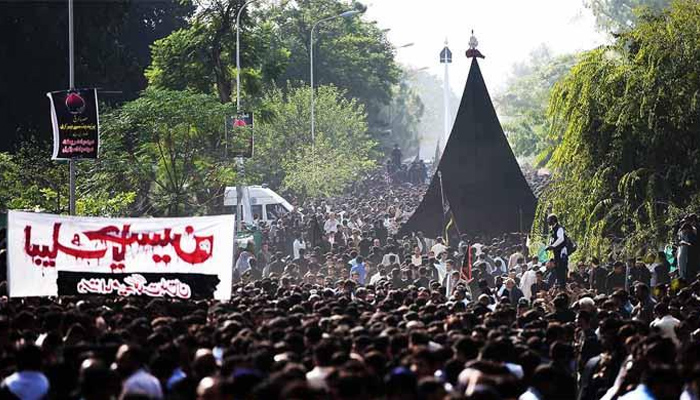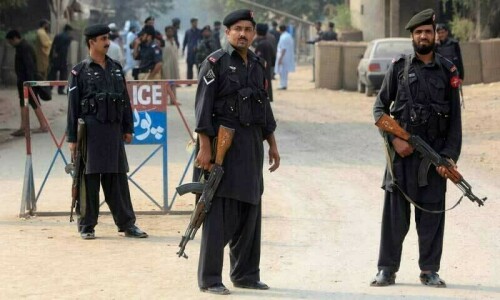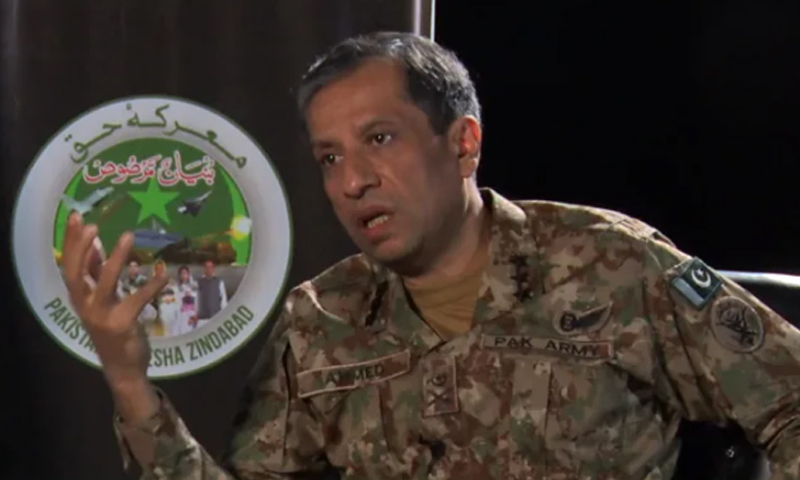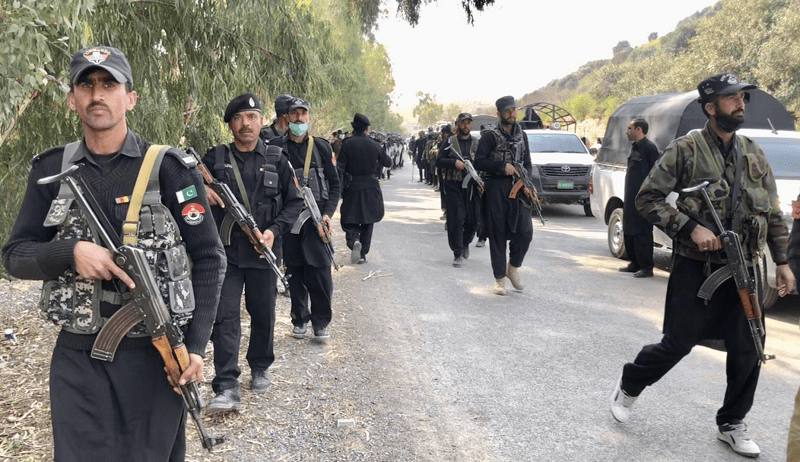MILITARY
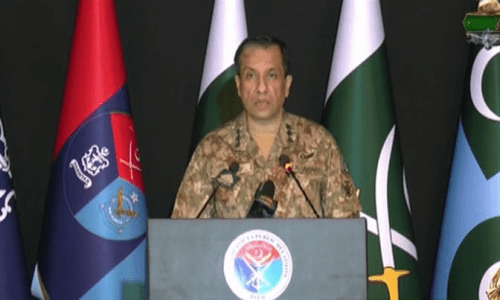
Escalating tensions between India and Pakistan took a critical turn when Pakistan formally launched a retaliatory military operation named Bunyan-um-Marsoos. This decisive action came in response to a series of Indian missile strikes targeting key Pakistan Air Force (PAF) bases.
At approximately 3:30am, Indian forces launched missiles at PAF air bases in Nur Khan (Rawalpindi), Murid (Chakwal), and Rafiqui (Shorkot, Jhang), according to a press briefing by the Director General of Inter-Services Public Relations (ISPR), Lt Gen Ahmed Sharif Chaudhry. While confirming the attacks, he stated that all air force assets remained unharmed, crediting Pakistan’s robust air defense systems for successfully intercepting the majority of incoming missiles.
Lt Gen Chaudhry accused India of recklessly dragging the region toward war. “India is pushing the whole region towards a dangerous war with its madness, aggression, and deceit,” he warned, adding that these strikes were part of a broader Indian strategy, which included drone strikes in Afghanistan.
He emphasized that Pakistan has electronic evidence of India’s missile launch origins and targets, reinforcing Islamabad’s claims of deliberate provocation. Despite the initial breaches, Lt Gen Chaudhry assured the nation that India’s attacks failed to cause any major damage or meet their intended objectives.
By 4:38am, state-run PTV News reported that Pakistan had launched its counteroffensive. As part of Operation Bunyan-um-Marsoos, Pakistan targeted and destroyed key Indian military assets. This included a Brahmos missile storage site in Beas, as well as air bases in Udhampur and Pathankot. At 7:13am, PTV also confirmed the destruction of India’s S-400 missile defense system in Adampur by Pakistan’s JF-17 Thunder jets using hypersonic missiles.
Minister for Communications Abdul Aleem Khan and Senator Sherry Rehman both confirmed the operation. Rehman highlighted Pakistan’s restraint and precision, stating that only Indian military targets were struck in contrast to India’s indiscriminate attacks on Pakistani civilian areas.
Meanwhile, cyber retaliation was also reported. Pakistani cyber units allegedly compromised several key Indian government and military websites, including those of the BJP, Border Security Force, Hindustan Aeronautics Limited, and the Unique Identification Authority of India. Over 2,500 surveillance cameras and sensitive data from multiple agencies were reportedly hacked or leaked.
Deputy Prime Minister Ishaq Dar, speaking to Geo News, affirmed that Pakistan had acted defensively after exhausting all diplomatic patience. “India's recent provocations left us no choice. Our civil and military leadership decided that Pakistan must respond. The threshold has been crossed,” he said.
While hostilities continue, Islamabad maintains its stance that the operation was a necessary response to India’s unprovoked aggression and a measure to uphold national sovereignty and regional stability.
